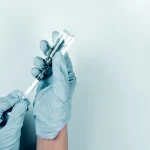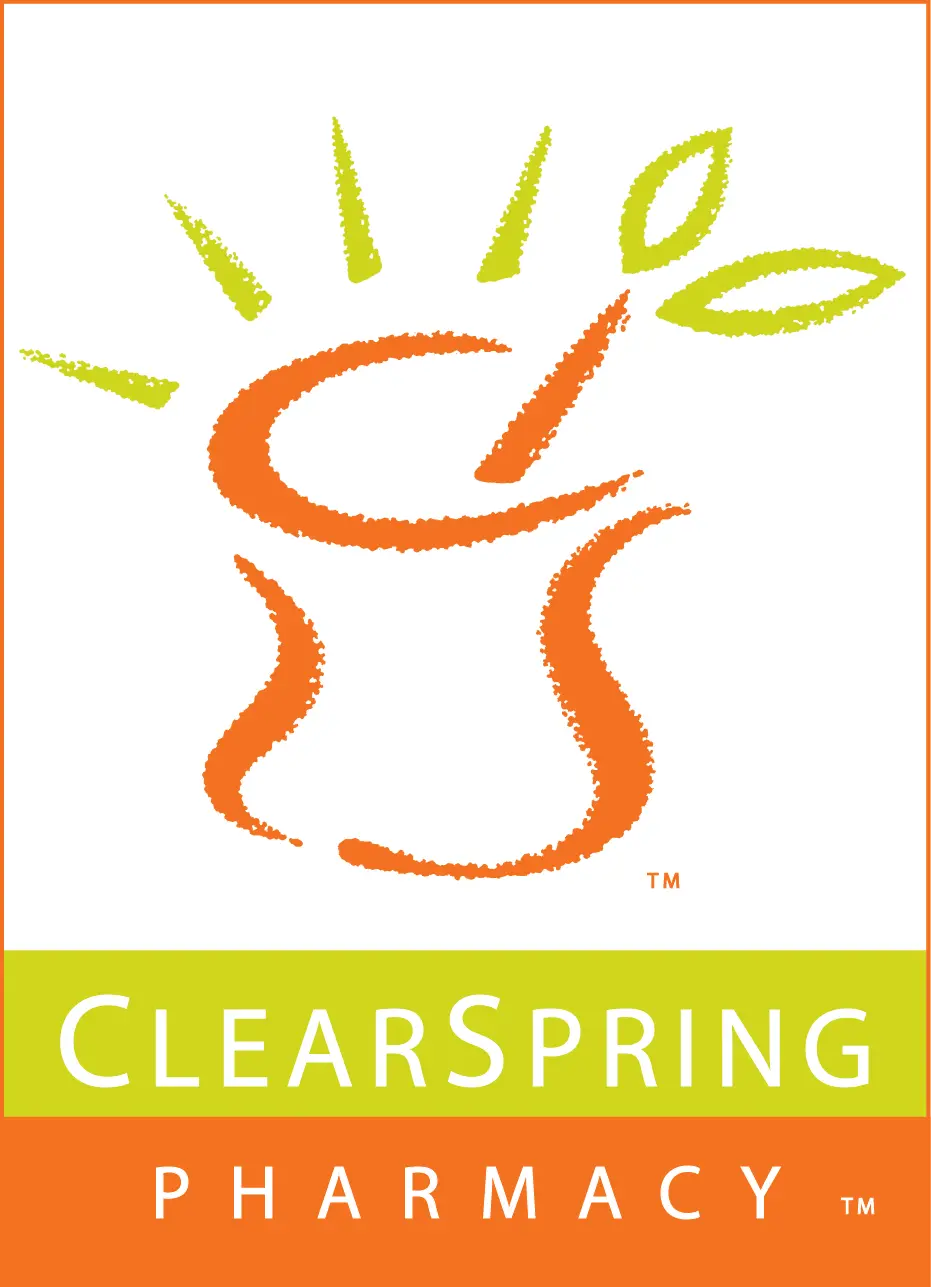
What is a Ketamine Nasal Spray?
The nasal spray form of ketamine is one of the administration modalities used in ketamine therapy, also known as “ketamine-assisted psychotherapy” or “ketamine infusion therapy.”
Ketamine has gained attention for its potential therapeutic effects in treating conditions such as depression, anxiety, and chronic pain, especially when other treatments have been unsuccessful.



